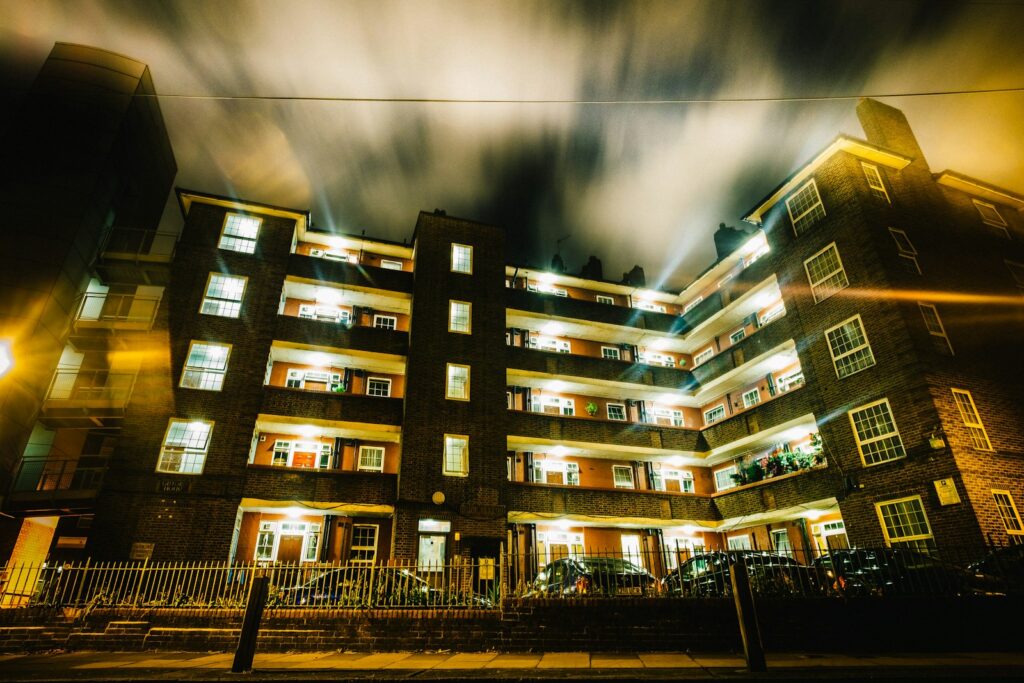Around four rough sleepers died each day in the UK last year, with the total number reaching a record high, according to new research.
This morning The Museum of Homelessness (MoH) published harrowing new research. The figures show that at least 1,611 homeless people died in the UK during 2024, including 11 children, four of which were under the age of one and four others were aged between one and nine years old.
Alarmingly, the figure has risen by 9% since 2023 where it was found that 1,474 homeless people had died and 22% since 2022.
To conduct the research, members of the Dying Homeless Project, an initiative launched by the MoH in 2019, gathered data from Freedom of Information requests, coroners inquests and memorials submitted by bereaved family members.
Experts said the figures they have published today are likely to be lower than the true scale of homelessness deaths, as some councils might only acknowledge someone is sleeping rough when they are placed in temporary accommodation.
Across the UK it is believed 1,142 homeless people died in England, 211 in Northern Ireland, 90 in Wales and 168 in Scotland.
Overall, the total deaths in Scotland and Wales fell year on year, but Northern Ireland and England both experienced increases.
‘Whilst it is positive that local authorities and Safeguarding Adult boards appear to be taking the issue more seriously, with better reporting and evidence of improved local partnership working to prevent deaths, turning the tide on this enormous loss of life needs more than better counting,’ Gill Taylor, strategic lead for the project, said. ‘We remember with love all those who died and continue our work in solidarity with bereaved loved ones and the homeless community.’
In similar vein, Francesca Albanese, executive director of policy and social change at Crisis, added: ‘These heartbreaking figures must drive home the need for the Westminster government to urgently come forward with an ambitious strategy to end homelessness.
‘We are talking here about real people, including children – not just numbers. These are lives cut short and potential unrealised. In many cases, these deaths will have been avoidable.
‘The solutions are known – they now need to be urgently implemented otherwise we risk seeing more appalling and unnecessary loss of life.’
Photo by Jon Tyson via UnSplash
In related news:
The new Bournvilles: why tech towns need 15-minute neighbourhoods
Carlisle’s £100 million regeneration drive set to transform city centre


















Leave a Reply